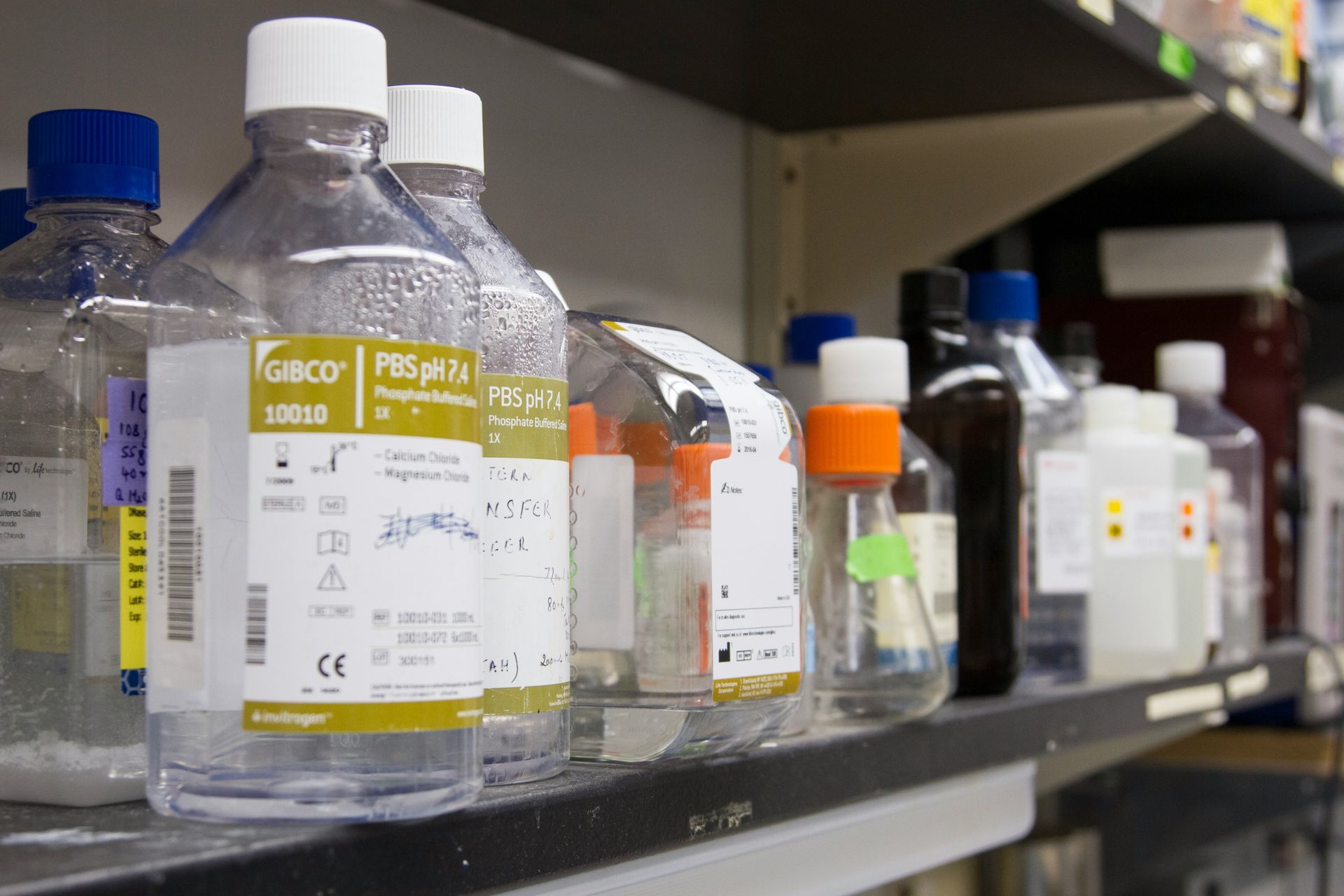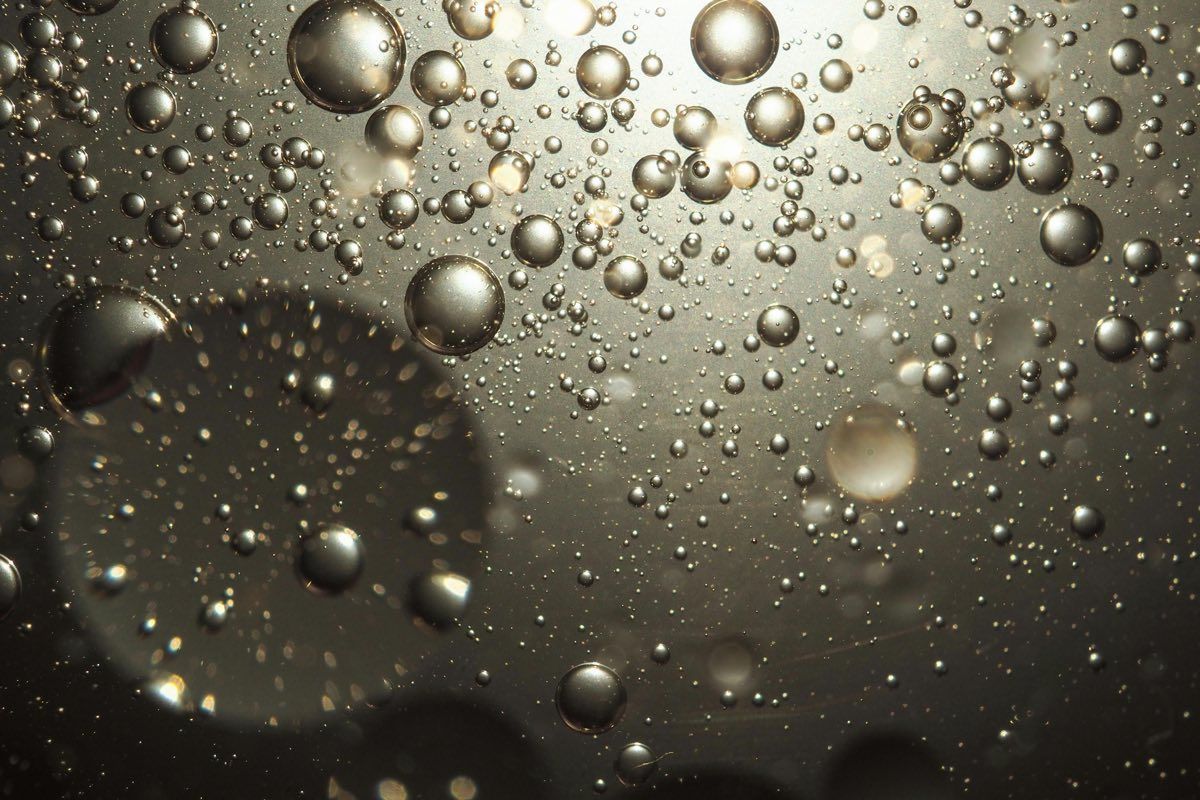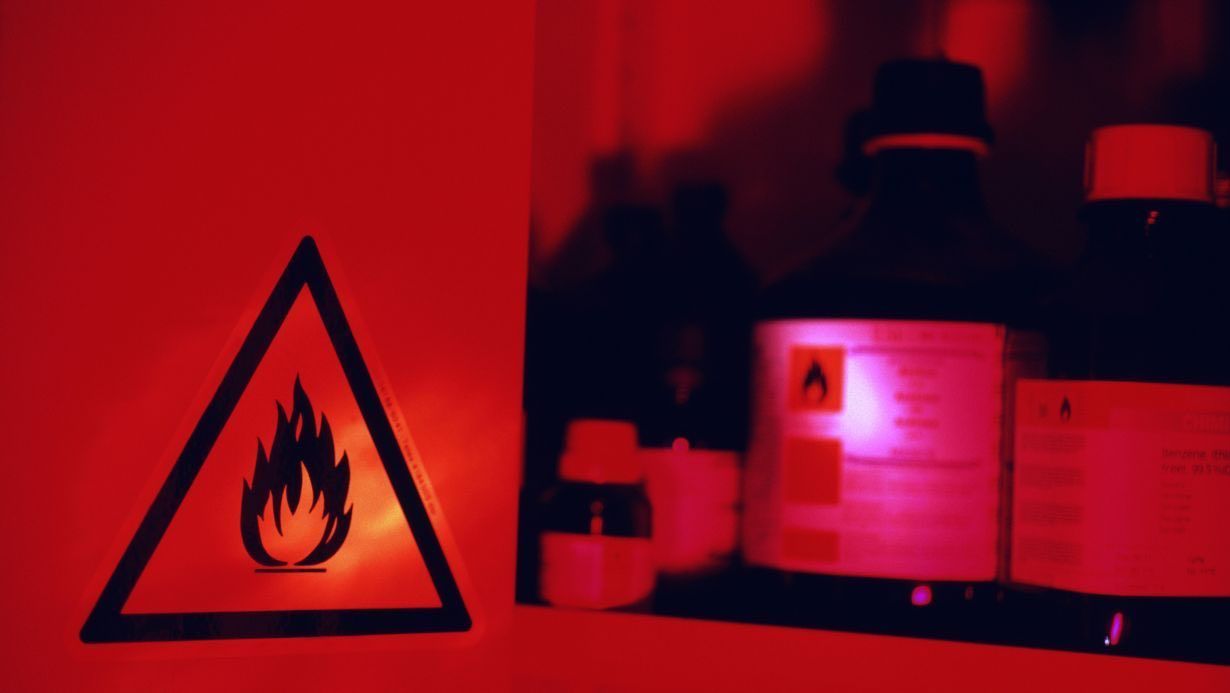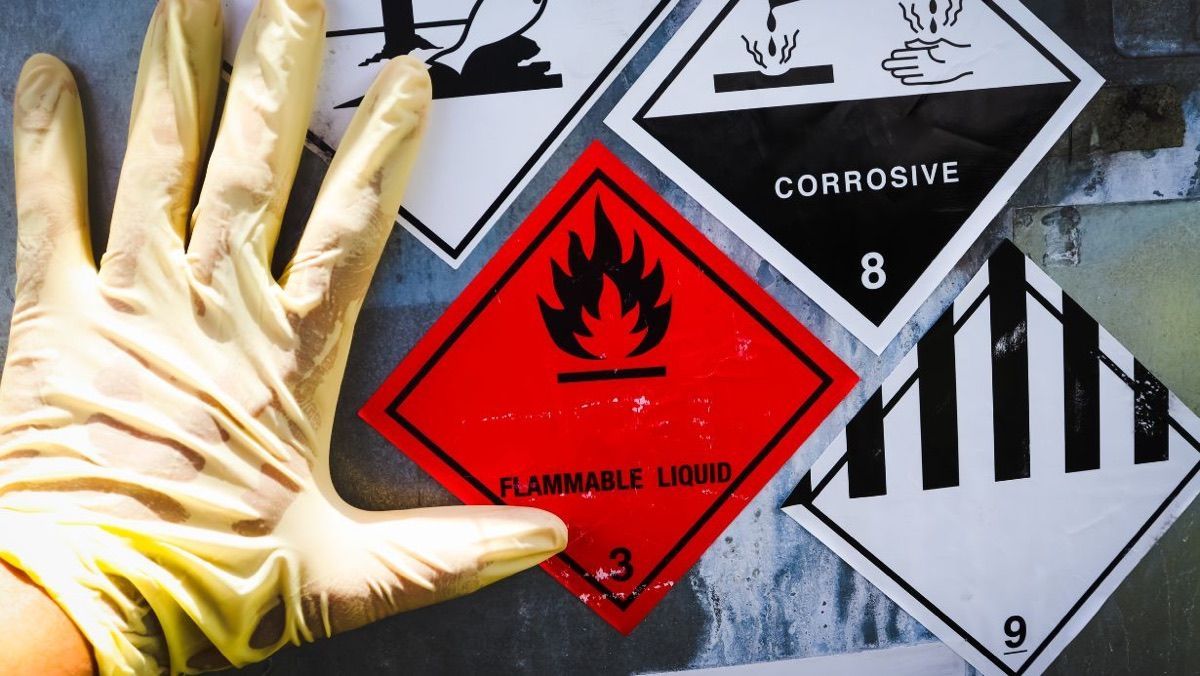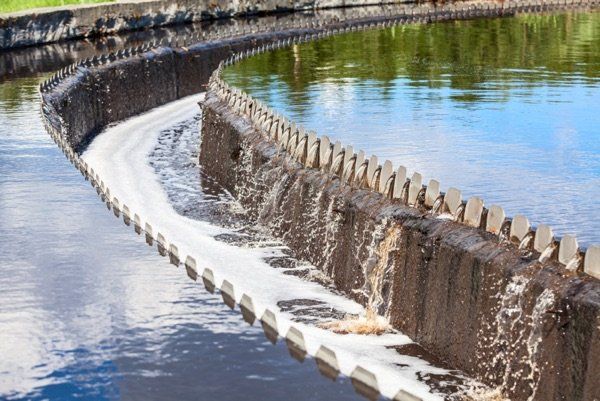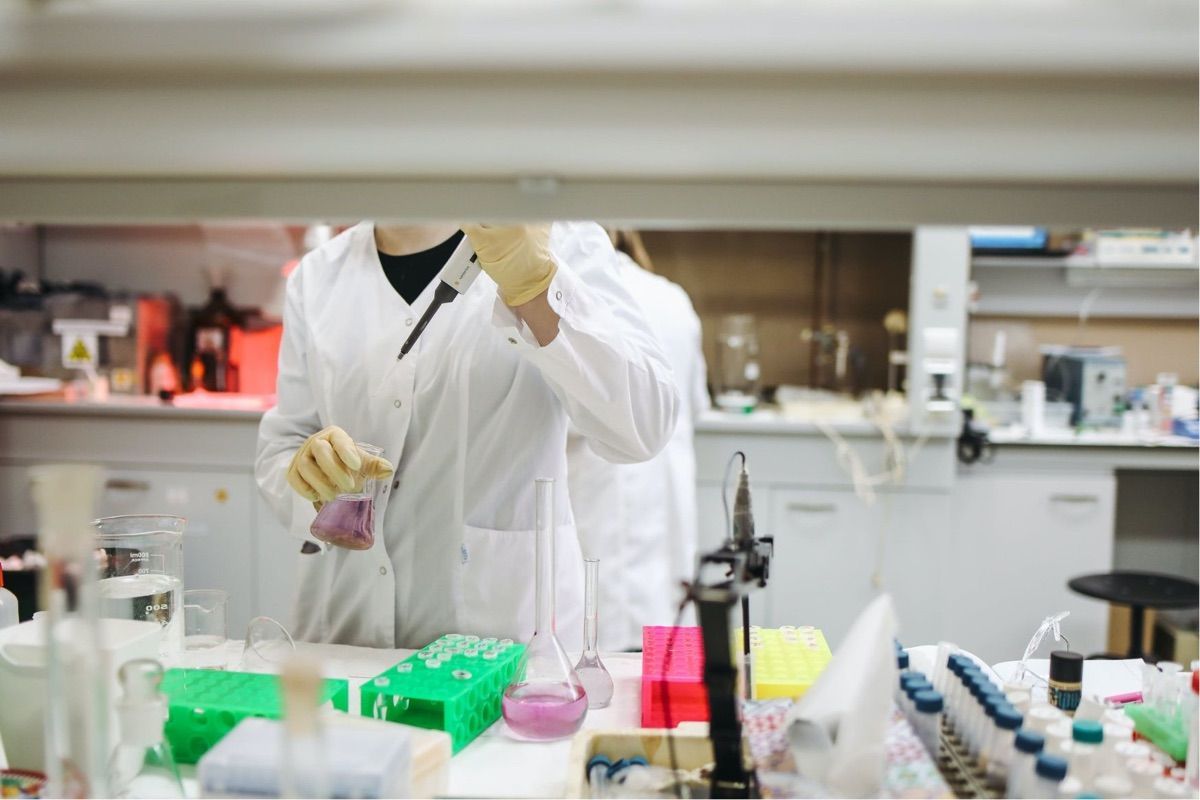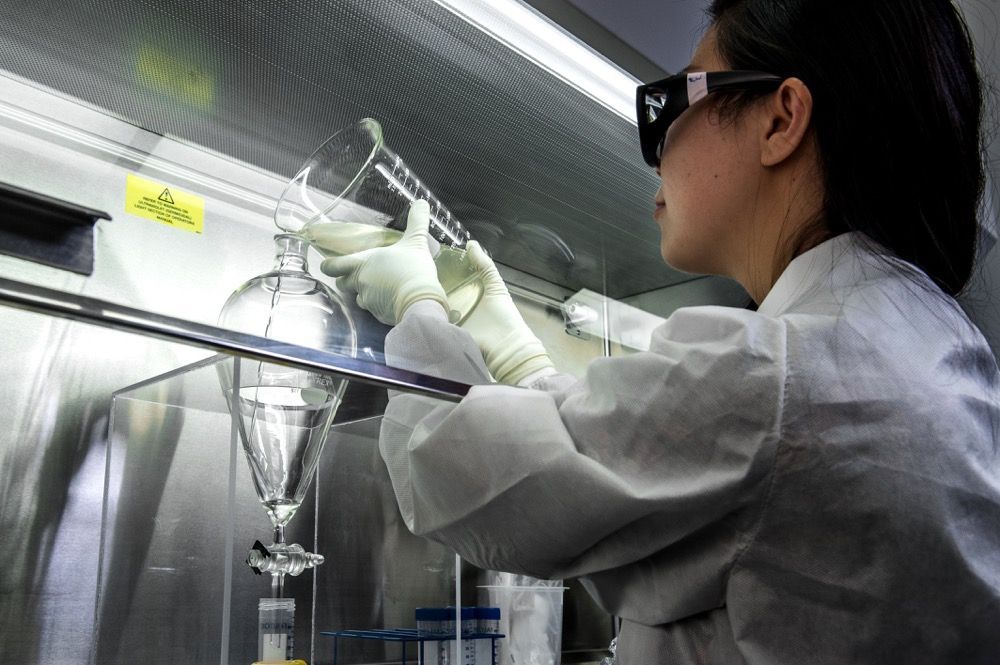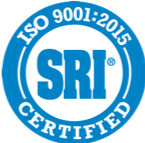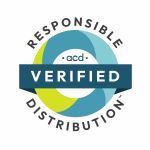What is Wastewater? Understanding the Basics of this Essential Resource
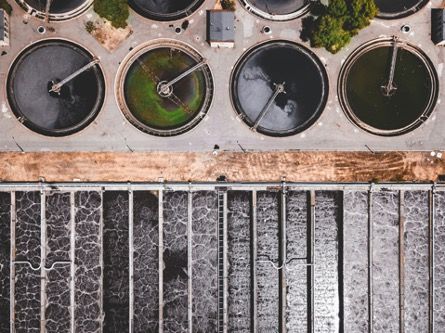
Most people believe that wastewater is useless. But, ironically, throwing it into lakes, rivers, and oceans is a waste. Treated sewage and effluent have numerous applications, from irrigating crops to preserving the natural environment.
Wastewater refers to used water emitted by homes, businesses, and industrial plants. It is a catch-all term for anything buildings no longer want to hold onto, such as toilet waste, sink water, industrial/commercial wastewater, and used bath or shower water.
Wastewater is mainly liquid. However, it also contains solids, such as grease, food scraps, and feces. As such, it can harbor dangerous pathogens and toxins, making it unsafe to drink, reuse, or release into the environment without proper treatment.
Some professionals consider surface run-off during storms as wastewater because it collects various forms of debris from the urban environment. Constituents might include motor oil, leaves, and spilled chemicals. Wastewater management facilities must also collect and process this waste, often using a network of pipes and storm drains.
Understanding Wastewater Treatment
So, what is wastewater treatment?
Wastewater treatment is essential for maintaining a safe environment and protecting public health. Water treatment aims to remove or render inert harmful constituents, stopping them from flowing into rivers and the ocean.
Wastewater treatment removes:
● Large objects, such as sticks, debris, hygiene products, and anything else caught up in the wastewater
● Organic matter, including human waste, dog feces, detergents, and food scraps
● Excess nutrients, such as nitrogen, from surface run-off that might disrupt the natural balance of local ecosystems
● Pathogens and dangerous bacteria that could cause infection
Facilities use varying methods to remove these elements, which we explore below.
Exploring Effluent Water
So, what is effluent water?
Effluent is part-treated wastewater. It isn’t usually potable but is useful in various applications described below.
The Environment Protection Agency (EPA) sets the treatment standards for effluent before facilities can release it into the environment or use it for other purposes. Some groups worry that pollutants and contaminants may harm the wildlife. However, effluent is safe for numerous applications, including:
● Irrigating cropland, landscaping, and golf courses
● Flushing toilets
● Removing heat from industrial plant, including heavy machinery and power plant cooling towers
● Restoring wetlands and other natural habitats
Researchers are constantly seeking new ways to treat effluent to reduce pollutants and contaminants. The goal is to create a circular water economy where used wastewater travels back into the system efficiently. The hope is to conserve freshwater resources and prevent the running down of natural springs and reservoirs.
Inside a Wastewater Treatment Plant
Wastewater treatment begins with screening and removing large objects, like hygiene products, plastic bags, and sticks. Then, water flows into a grit chamber containing various grades of gravel and sand. These aggregates remove more solid particles, causing heavier materials to settle out.
After that, the resulting wastewater flows into a settling tank. Here, more solids sink to the bottom and form a thick sludge. Sometimes, industry experts call this liquid clarified effluent.
The remaining water then moves to the secondary processing stage, which involves disinfection and filtration. Some facilities add oxygen and friendly bacteria to the wastewater soup. These critters break down remaining organic matter, including pathogens and feces, disinfecting the water and preparing it for discharge. Most of the simpler compounds they produce are completely safe and even beneficial.
Other treatment plants sometimes use ultraviolet light or chlorine disinfection to kill any remaining pathogens. These degrade the structure of single-celled organisms, making them easier to break down.
Some facilities have a second settling tank that permits the friendly bacteria and sludge to settle out of the mixture, ready for refeeding into the primary tanks. Bacteria can continue growing and multiplying indefinitely in wastewater plants, adding to their sustainability.
Unveiling the Secrets of Treated Sewage
Treated sewage sounds gross, but modern wastewater management can clean it up significantly. The resulting effluent isn’t as pristine as drinking water but is still much better than the wastewater that goes into treatment plants and is suitable for irrigating crops, flushing toilets, and the other applications described above.
What’s more, treating sewage is mostly done by natural means. Filtration, sedimentation, and bacterial breakdown all rely on sustainable processes that humanity can repeat indefinitely. Adding chlorine simply improves the process, ensuring public safety.
Need Wastewater Treatment Chemicals? Contact Us.
If you require industrial chemicals for a wastewater treatment plant or any other facility, contact the pros at North Industrial Chemicals. We offer a full range of products delivered to your facility.


Contact
717-845-8647
North Industrial Chemicals, Inc.609 E. King St.PO Box 1985York, PA 17405
All Rights Reserved | North Industrial Chemicals, Inc.
